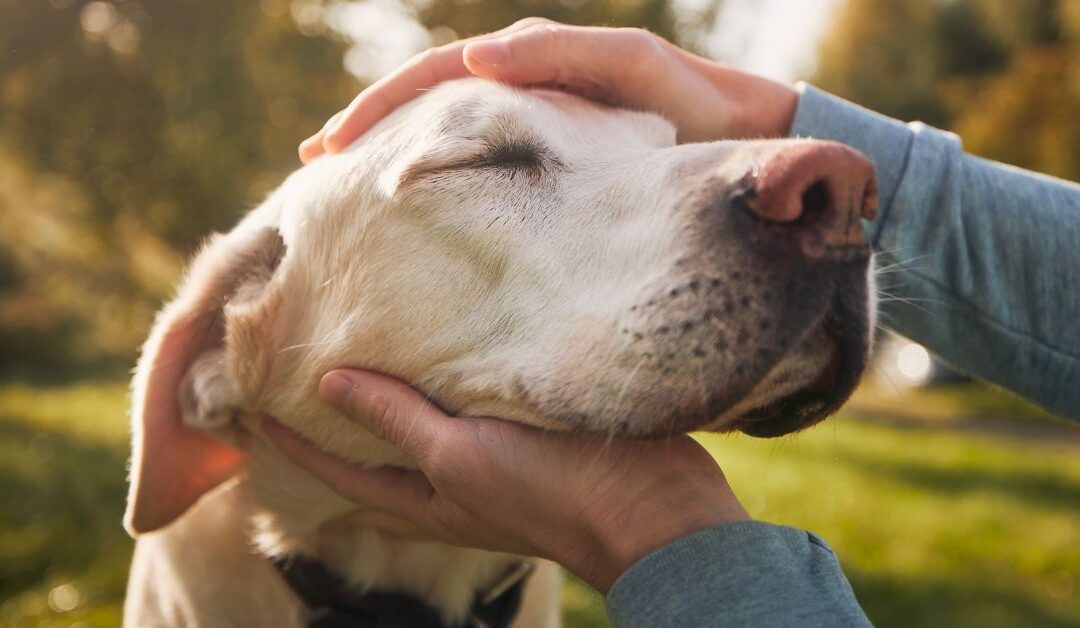All anticancer drugs have the potential to cause side effects. Since the doses used in animals are less than the doses used in people, the side effects that can occur in pets are usually not as severe as those seen in humans. The main goal in the treatment of cancer in dogs and cats is to preserve a good quality of life and to avoid significant toxicity from chemotherapy. The most common side effects of chemotherapy are immune suppression and gastrointestinal upset. Dogs with non-shedding hair (i.e. Poodles) may experience hair loss and cats may develop blunted whiskers. Dogs who shed do not usually experience noticeable hair loss. Immune suppression primarily manifests as low neutrophils (“neutropenia”), which are a type of white blood cell important to the immune system. Platelets, which are important to clotting, can also decrease with chemotherapy. Low neutrophils and platelets are noticed on routine bloodwork (“complete blood count”), but do not usually make animals feel sick. Bloodwork (complete blood count, or CBC) is repeated 7-10 days after most chemotherapy doses. A course of antibiotics may be prescribed to protect the immune system if neutrophil counts are below a certain value. Subsequent chemotherapy may also be delayed and dose- reduced.
Although rare, about 5% of animals may experience severe immune suppression and become sick and may develop a fever. This usually occurs 5-7 days following chemotherapy (although can be closer to 10-14 days with some chemotherapy types). Hospitalization for IV fluids and antibiotics is necessary for animals who feel sick. When hospitalized and treated appropriately, animals generally make a full recovery within a few days.
GI upset may manifest as inappetence, nausea, vomiting or diarrhea, and generally occurs 3-5 days after chemotherapy. Approximately 20-30% of veterinary patients undergoing chemotherapy experience mild, self-limiting GI signs that are easily managed with medications at home.

